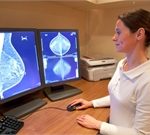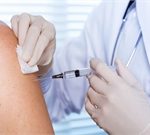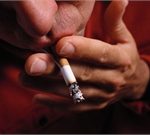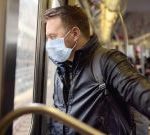
Women diagnosed with an early, highly treatable form of breast cancer still face a higher-than-normal risk of eventually dying from the disease, a large new study finds. The study looked at women with ductal carcinoma in situ (DCIS), where cancer cells form in the lining of the milk ducts but have not yet invaded the breast tissue. Sometimes it’s called a “pre-cancer,” other times a “noninvasive breast cancer” — terms that can be confusing, and partly reflect the fact that DCIS is not fully understood. The researchers found that among more than 144,000 U.S. women treated for DCIS, the risk of dying from breast cancer over the next 20 years was about three times higher than that of cancer-free women. The vast majority of women with DCIS did not die of breast cancer during the study period. There were 1,540 deaths from the disease. But given that all underwent surgery — often followed by radiation — the findings show that DCIS treatment does not eliminate the risk of dying from breast cancer, said senior researcher Dr. Steven Narod. “Despite the best treatment available, the risk is still there,” said Narod, of the Women’s College Research Institute in Toronto, Canada. Overall, he said, women faced a 3% chance of dying from breast cancer. And for Black women, the odds were significantly greater — close to 10%.… read on >

















